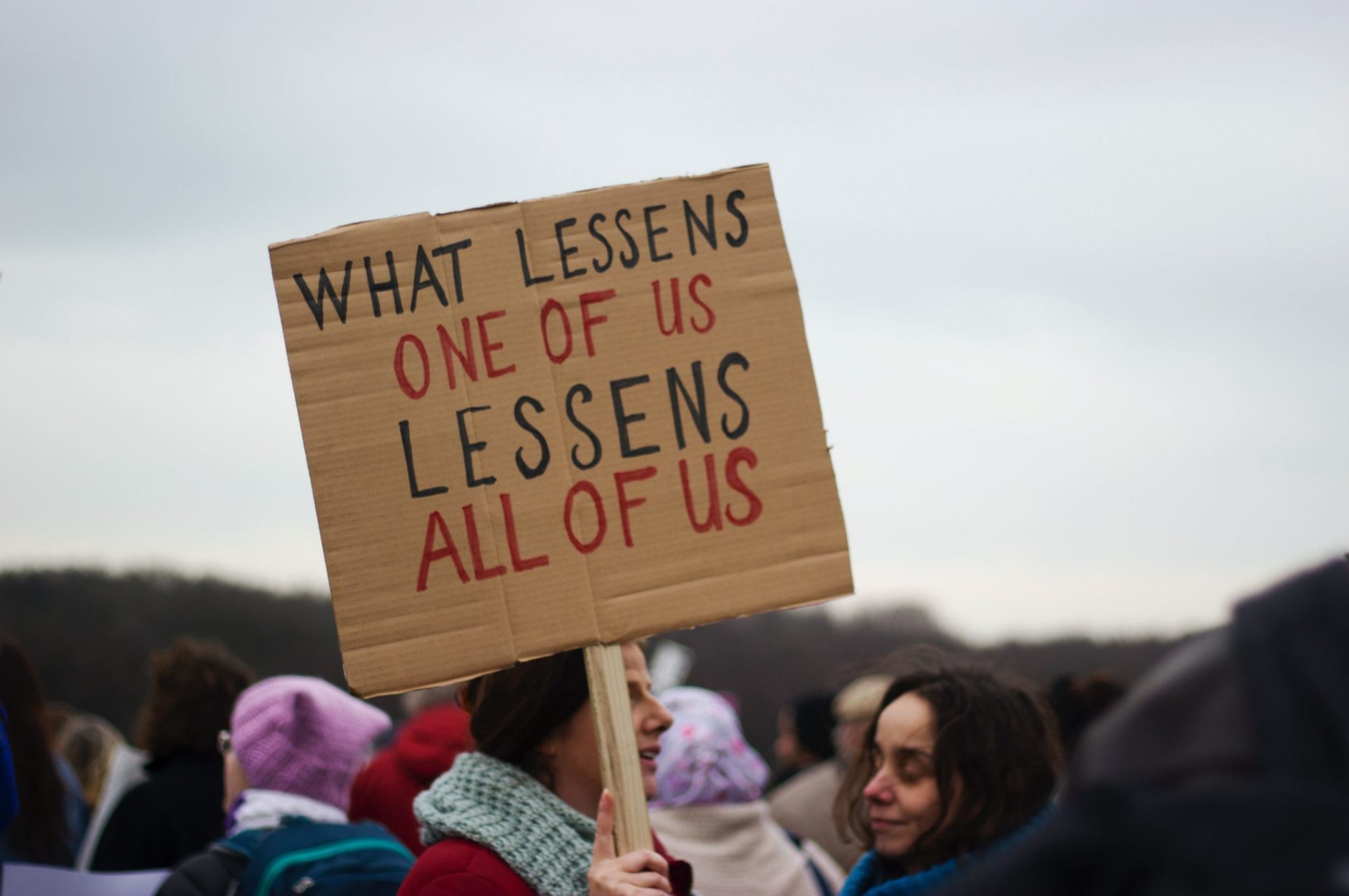The undeniable gap in human rights legislation for the LGBTQ community could soon see justice. With the Equality Act now in the hands of Senate Committees, there is a chance for political and social reconciliation for the centuries of discrimination experienced by LGBTQ Americans. The Equality Act actively bars any form of discrimination that targets sex, sexual orientation, and gender identity. This legislation extends to public facilities, businesses, places of education, employment, housing opportunities, and in general, casts a wide net of essential protections. While the legislation itself serves as a superficial federal acknowledgment of human rights, it has the ability to spur necessary change in the public’s perception of this marginalized group.
In 2020, anti-LGBTQ crimes represent about 17% of recorded hate crimes and ranked third among other categories. This reality prefaces the immediate need for legislative authorities to pick up the pen. Elected officials, including President Joe Biden, who run on promises of diversity and inclusion must act on their commitments to their LGBTQ voters and set a precedent on the world stage. These commitments can be manifested not only in a push for the passing of equality legislation but in definitive action condemning and revoking the discriminatory barriers facing this community.
EQUALITY IN AMERICA
Often, politicians and right-aligned political agents cite the legalization of same-sex marriage as the end to discrimination based upon sexual orientation. However, the right to marry is no recognition that aggression or discrimination toward LGBTQ individuals is unlawful or unamerican. This legalization of same-sex marriage is no victory over hate and health disparities, but rather a simple justice granted to a crying and hurting community. It is time for greater reparations and a seal of acknowledgment for generations of aching inequality.
Last year provided hope and empowerment for so many Americans who committed to a presidential candidate offering a renewed dedication to the diversity of his constituency. This pattern transcended the executive branch as the nation chose to elect a record number of diverse congressional officials. When President Biden nominated Pete Buttigieg as US Secretary of Transportation, who was confirmed by Congress, it was a landmark decision as it marked the first openly gay member of a presidential cabinet. This moment redefines an institutional picture of leadership and paves a path for minorities to leadership positions internationally. Thus, with the power in progressive and capable hands, there is room for sweeping federal legislation that recognizes the innate and beautiful sexual and gender composition of these 50 states.
IT’S NOT JUST ABOUT AMERICA
President Biden’s statement to prioritize human rights provided an opportunistic stance on how American standards may impart global change. In this address, the president identified his intention to “stand up to bullies and once more put human rights at the center of America’s engagement with the world.” This position on domestic, and in turn global, suffrage demands to be supported by policy and executive statements that solidify lasting change, not only for these communities residing within our borders but those outside as well.
Through trial and test, America waits with anticipation for a day when promises are kept, freedom is unconditional, and sexual expression is not systematically repressed. It’s time for Congress to pass the Equality Act.
It is not only Americans who sit on the edge of their seats under this new tone of leadership but also the 70 countries where homosexuality is still considered criminal activity. America’s self-imposed exceptionalist foreign policy platform brags about its ability to moderate human rights violations but still has not committed to an international movement toward normalizing and uplifting sexual minorities — a movement that should have been propelled by a historic Supreme Court ruling, Obergefell v. Hodges, where leadership decided a marriage license was enough of a resolution to change bias and homophobic institutions. While Obergefell v. Hodges legalized same-sex marriage, a lot still needs to be done to serve justice. Queer Americans deserve to be safe while walking on our streets, welcome in our businesses, and provided equitable opportunity in our education and housing systems.
The United States, however, has not been a torchbearer in legal LGBTQ unions. Countries including Spain, Canada, and the Netherlands have federally acknowledged same-sex unions for up to 15 years prior to the United States. Following Obergefell v. Hodges, there were some observed priorities for LGBTQ equality internationally, including decisions from Columbia, Germany, and Australia within two years after the case became law. Whether it is believed that America’s platform on issues is contagious or not, it is imperative that as a world power and prominent democracy, further action must be taken.
INTERSECTIONALITY AND RACE
As a cis-gendered white gay man myself, I cannot begin to communicate the fear and prejudice placed upon Black Queer Americans —a historically vulnerable intersection of sexual/gender identity and racial minority that experiences persecution at a much higher rate than myself. Society should be celebrating the strength, courage, and resilience of the Black Queer community rather than pressing them into a digestible socially acceptable mold. Black Americans in general are incredibly victimized and regularly are a casualty to persecution at every level of violence, whether it occurs at the hands of those intended to protect and serve or by a racist “patriot.” This actuality reminds American government of the innate unprotection and vulnerability of Black and Brown communities, a vulnerability that continues to be ignored in legislative priorities.
The Equality Act may serve as a testament of change LGBTQ Americans but acts as no reparation for racial minorities. The intersections between race and sexuality bring new perspective, brighter conversations, and a more profound understanding of who we are as a collective and deserve holistic recognition.
IN THE SENATE’S HANDS
Congress is poised with perfect representation to push forward in a monumental pursuit of dignity for approximately 10 million (known) individuals who comprise the LGBTQ community within the United States, and magnitudes of people outside our borders. The House of Representatives has taken the inaugural step of legislative accomplishment in passing H.R. 5 with a vote of 224–206. Now the fate of this community lies in the Senate.
Through trial and test, America waits with anticipation for a day when promises are kept, freedom is unconditional, and sexual expression is not systematically repressed. It’s time for Congress to pass the Equality Act.
Nick Fulton is a member of the Center for International Policy’s Spring 2021 Development and Communications Team.




















